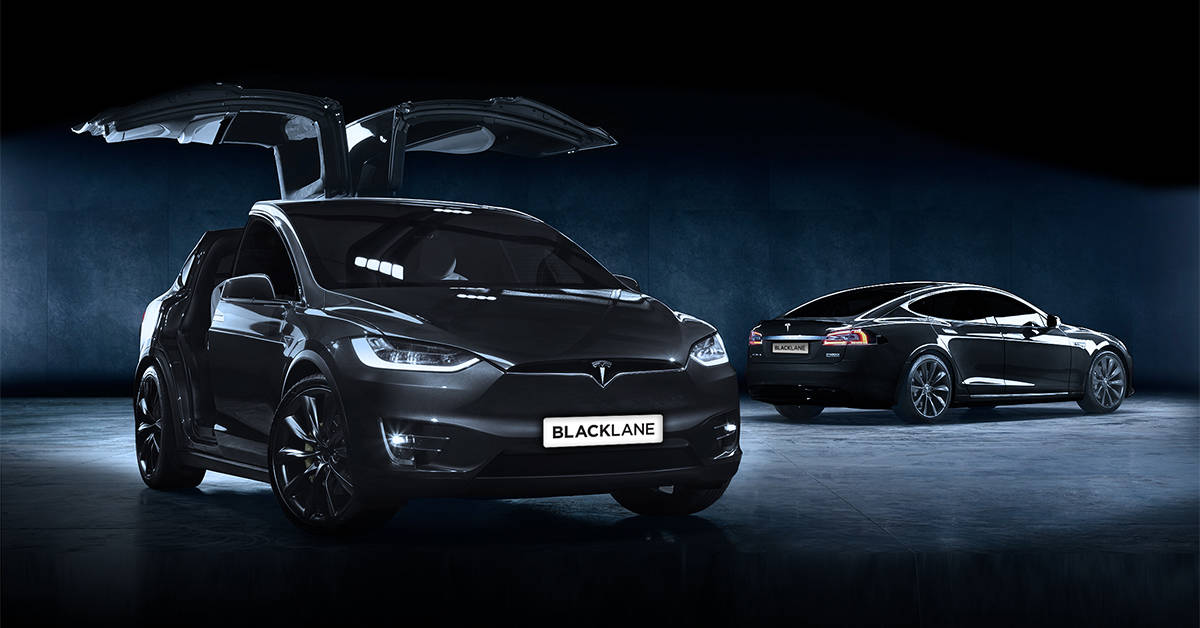Rising oil prices, a growing public concern regarding the environment, and continued advancements in electric vehicle technology are shaking up the auto industry.

Electric and hybrid vehicles, often referred to as EVs, are finally enjoying the sharp growth that’s been anticipated for some years now.
EVs generally fall into two categories. Some run 100 percent on electricity, commonly referred to as “pure electric”, while others run on a combination of electricity and hydrogen-based fuel, referred to as “hybrid”. Compared to your standard petrol car, both categories can be significantly cheaper to run, and produce far fewer emissions.
Although EVs made up just 2 percent of total U.S. car sales for 2018, carmakers are sinking a lot of cash into EV technology, anticipating growth in popularity in years to come. In a recent interview with CNBC, American investor Warren Buffett talked about his own involvement in the electric car industry, and said electric cars were “very much in America’s future”.
EV technology is reaching some surprising corners of the auto industry. American motorcycle manufacturer Harley Davidson, which enjoys a cult following based on their loud, high-octane, petrol-fueled machines, is set to enter the realm in mid-2019. Their electric LiveWire motorcycle will be released in August, with the tagline “the loudest sound you hear will be your heart racing”.
Top-selling EVs
2018 was an interesting year for U.S. EV sales, which were dominated by Tesla’s Model 3, Model X and Model S, the Toyota Prius Prime, and the Honda Clarity PHEV. The Chevrolet Volt and Bolt models were also decent sellers, along with Nissan Leaf sales.
Competition is sure to heat up for 2019 as more car manufacturers step into the EV arena. Audi’s
Why are consumers choosing electric?
While for many the idea of owning an electric vehicle may still seem like a sci-fi fantasy, more sophisticated technology, coupled with incentives such as government tax credits, could make EV ownership a surprisingly reasonable concept.
One of the common sticking points for potential EV owners is vehicle range. However, even if you opt for the lower cost Nissan Leaf, you’re going to get 150 miles (240 km) out of every charge. According to U.S. government data, the average American drives just under 40 miles (60 km) per day, meaning you would only need to plug in around 2-3 times per week. The Nissan Leaf only takes seven hours to fully charge via a home charging station, with a cost to the owner of around 5 USD.
With the latest Tesla Model 3, you can drive 310 miles (500 km), before you need to plug in, which equates to driving from New York to Washington D.C., with miles to spare. And with 14,000 high-speed charging stations dotted all over the U.S., there are fewer limitations on how far you can travel.
Many countries now offer tax credits on EV purchases, making EV ownership more feasible for the average motorist. Due to both the high cost of raw materials and the intensive process required to create EV batteries, electric cars are still generally more expensive than their petrol equivalents. However, in many countries, including the U.S., you can get a tidy sum back in tax credits depending on certain factors, such as the car type and battery capacity.
According to the U.S. Office of Energy Efficiency and Renewable Energy, if you purchase a qualified plug-in EV for use in the U.S. today, the size of that tax credit could be anywhere between 2,500 USD and 7,500 USD, depending on a range of factors.
However, as U.S. EV sales grow, manufacturers will start reaching the government phase-out threshold, meaning tax credits on EVs will start to shrink. So far only Tesla has been affected by this law, but manufacturing giant GM is also predicted to reach the threshold sometime this year.

The growing cost of oil is another incentivizing factor for consumers. Over the last 20 years, the price per barrel of crude oil in the U.S. has risen from 17.44 USD to 69.52 USD. A recent Forbes article offered no reassurance after it predicted continued market volatility for 2019.
But environmental concern is, perhaps, the most significant contributor to the rise of the EV. Climate change has us thinking more about our carbon footprint, and how we can reduce our emissions at a personal level. According to the U.S. Government Source for Fuel Economy Information, electric vehicles are significantly more energy-efficient, and much more environmentally friendly.
Electric chauffeur services
And it’s not only private car sales that are fueling industry growth. In select cities,
As well as satisfying consumer demand by providing low-emission alternatives for city travel, Blacklane is helping to popularise electric vehicles by providing




